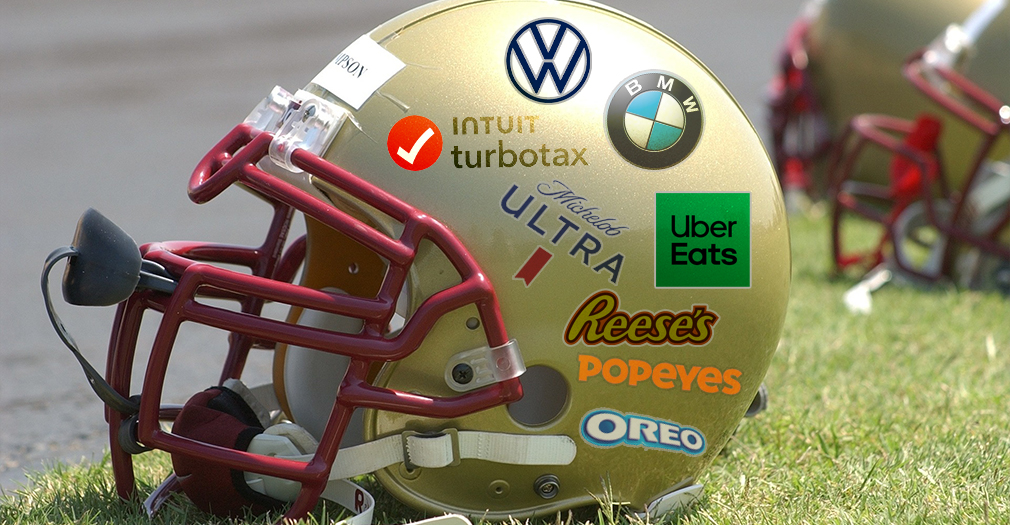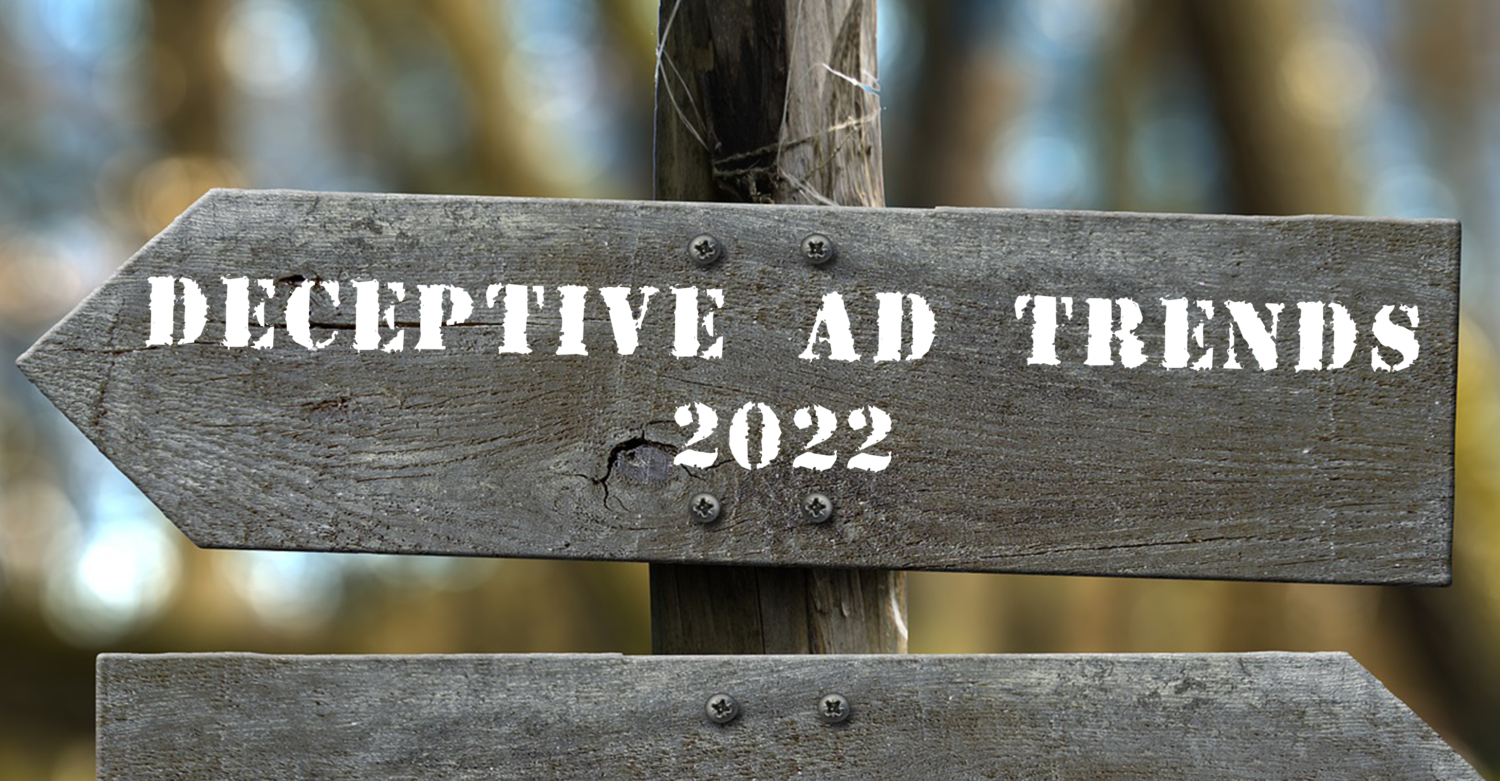
These Super Bowl LVIII Advertisers Have Been Taken to Court for Deceptive Marketing
Several of this year’s Super Bowl advertisers have run into legal trouble for alleged deceptive marketing.
Consumers have much to watch out for in terms of deceptive advertising trends in 2022. Here are five TINA.org will be keeping an eye on this year.
Amazon’s liability
After a cashmere industry organization in 2019 notified Amazon of alleged fake cashmere scarves being sold on its site, Amazon vowed to “prevent the sale of these scarves until the fiber content is properly labeled.” But rather than fix the problem, Amazon made it worse, according to a lawsuit filed by the organization, the Cashmere and Camel Hair Manufacturers Institute (CCMI), in November 2021. “Amazon expanded and increased its marketing and sale of the Purported Cashmere Garments, to the point where they now have a very substantial presence on Amazon’s websites throughout the U.S. and abroad,” the lawsuit said. In December, CCMI announced a resolution to the lawsuit that permanently prohibits a U.S. supplier of many of the garments at issue and a defendant in the case, CS Accessories, from falsely marketing products as cashmere. While the claims against Amazon were voluntarily dismissed for undisclosed reasons, the fact that the lawsuit named Amazon as a defendant and cited several Amazon-specific marketing materials, such as star ratings and the product category Amazon Fashion, is noteworthy. Amazon’s liability as a marketer and seller of third-party products has been a hot topic in the courts for a couple years now. (We wrote about it here.) But in 2022, we may expect to see more lawsuits like this one seeking to hold Amazon accountable for the marketing and sale of third-party products on its site, given the large role Amazon plays in not only the marketing and sale but also the distribution of these products to consumers. (See also: Amazon’s blending of paid ads with organic search results.)
Misleading life-saving claims
If you claim that your product helps save lives, that’s probably going to convince a lot of people to try your product. The problem is such life-saving claims are hard to substantiate and the criteria that one advertiser uses may be different from how another advertiser defines a life-saving event. In 2020, we wrote about how Life Alert, the button-activated medical alert system known for its tagline “I’ve fallen and I can’t get up,” appeared to be casting a wide net in terms of its criteria for a life-saving event in order to claim it saves more lives than it actually does. At issue was how Life Alert defined “an actual emergency.” Then late last year, we noted that even if ADT’s claim that it has “helped save more lives than any other home security brand” is true, it’s still misleading. ADT has been around longer than any other home security brand – the company was founded in 1874, more than 130 years before Ring debuted its video doorbell – so it’s well within the realm of possibility that it has saved more lives than any of its competitors. But that doesn’t necessarily make its products any better. Upstarts like Ring, which is now owned by Amazon, can’t generally make quantitative life-saving claims because they are new companies. In fact, such claims may say more about the threat these upstarts pose to the older company making the claims than anything else. Be on the lookout for life-saving claims in 2022.
Deceptive income claims
Throughout October 2021, the FTC used its penalty offense authority to put a number of industries on notice, informing them of certain truth-in-advertising laws and of the agency’s ability to seek big financial penalties against those who then knowingly violate those laws. Among those industries targeted was the multilevel marketing industry. Since our founding in 2012, TINA.org has catalogued thousands of examples of MLMs using deceptive income claims to promote the “business opportunity,” despite the fact that the FTC has said most people who join legitimate MLMs make little or no money (which is why MLMs should generally avoid making any income claims). Before the FTC sent notices reminding the MLM industry to stay away from exaggerated or false earnings claims in its recruitment efforts, TINA.org sent a letter to the FTC in June urging it to implement a penalty offense program directed at that very industry. We attached a list of 668 MLMs; the FTC ended up sending notices of penalty offenses to 638 of them. At as much as $43,792 per violation, if the message is not received, some MLMs could be facing some hefty financial penalties in 2022.
Dark patterns
Also in October 2021, the FTC announced that it was ramping up its enforcement against illegal dark patterns that trick consumers into signing up for subscriptions or trap them into recurring payments when what they really want is to cancel the subscription. The announcement came after TINA.org filed a complaint with the FTC in June regarding, among other things, Agora’s use of dark patterns, which the FTC had not explored in its original investigation of the publishing giant in 2019. Among the dark patterns we found Agora using to manipulate seniors and retirees into making decisions that they otherwise wouldn’t make (namely, purchasing Agora’s financial subscriptions and nutritional supplements): disguising and embedding ads in organic content; creating a false sense of urgency such as claiming that a product is in limited supply when it’s not in order to hasten a purchasing decision; and guilting consumers into making purchases with the use of a dark pattern called confirmshaming. Research suggests that dark patterns have proliferated in recent years as companies seek to maximize profits. This has come at the expense of consumers, who may end up ignoring independent financial advice or forgoing doctor-prescribed medications for less reliable or proven solutions. We’ll be monitoring the FTC’s enforcement efforts in 2022 to see if they can help give consumers a fighting chance.
The metaverse
The metaverse can be a confusing place. But what we do know about it is that brands seem eager to enter these virtual worlds and the companies that run the platforms seem happy to let them in, opening the door to potential issues with advertising disclosure, among other things. On Roblox, where around half of users are under the age of 13, there are virtual worlds dedicated to brands such as Nike, Vans and Hyundai. At Facebook, now known as Meta, everything seems to be on the (virtual) table, from digital clothes to digital houses to digital offices. Based on how the company makes most of its money – ad revenue – you can bet ads are going to be a part of the “experience.”
Find more of our coverage on deceptive ad trends here.
Several of this year’s Super Bowl advertisers have run into legal trouble for alleged deceptive marketing.
Consumer tips worth remembering.
TINA.org has tracked more than 100 lawsuits alleging greenwashing.


